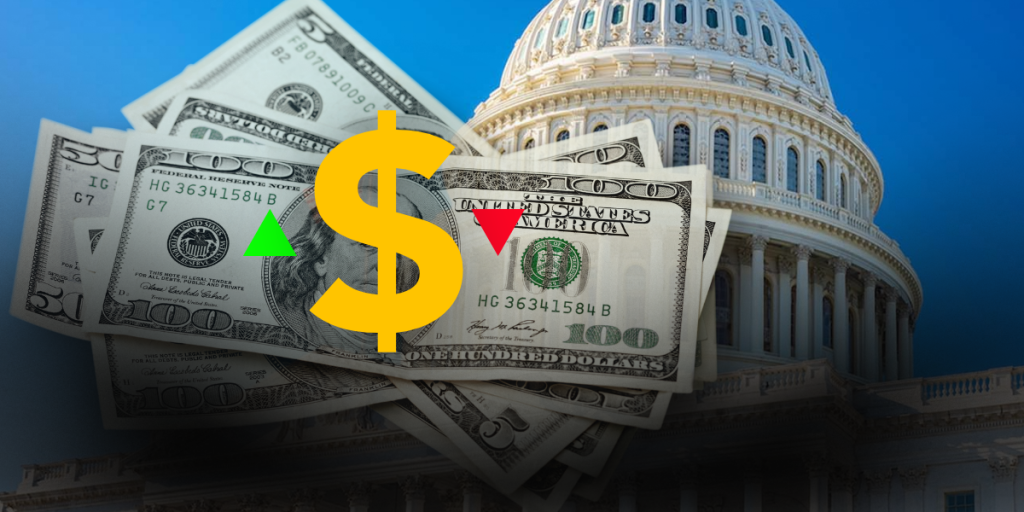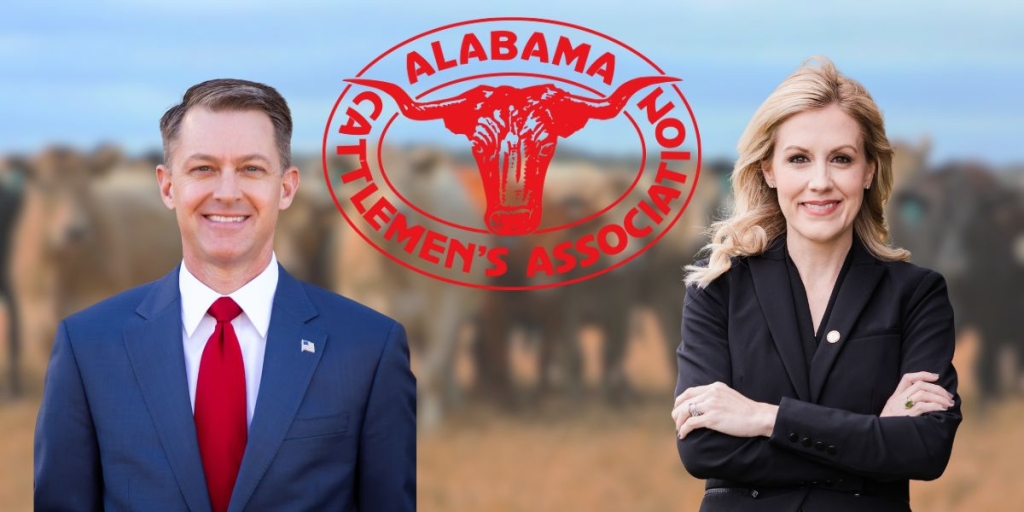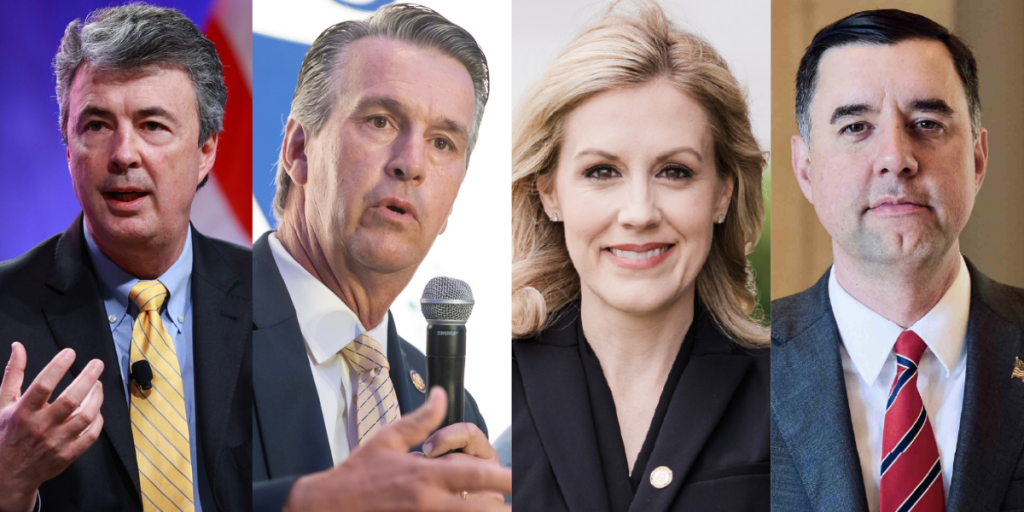In 2013, Arkansas’s then-Governor Mike Beebe (D) pushed a non-traditional Medicaid expansion program that gives low-income individuals subsidies to use toward private coverage, rather than enrolling them into Medicaid. This initiative was marketed as a “state-based” plan for reform and one that inserts flexibility and innovation into expansion as outlined under the Affordable Care Act (ACA).
While nearly all Republican governors took a firm stand against traditional expansion, some now perceive Arkansas’s model as a means to get their hands on federal money while distancing themselves from the ACA. Unfortunately, as Arkansas can now attest, Medicaid expansion remains a bad deal for states and cannot truthfully be sold as a fiscally prudent or free market idea.
When you get beyond the rhetoric, Arkansas’s expansion has been a disaster. There are (at least) five lessons from Arkansas that Alabama’s leaders should bear in mind as they consider expansion:
1. Describing expansion through waivers as state-based, flexible, or innovative is misleading. Arkansas’s model is a far cry from a block grant and the few concessions offered from Washington are mere window dressing. No state has been granted the work requirements that were promised ad nauseam by governors. No state has been able to assign any meaningful cost-sharing requirements to beneficiaries. And no state has successfully negotiated any eligibility threshold that is more limited than that of the ACA. Additionally, any state-initiated waiver agreed to by the federal government is time-limited, whereas expansion itself goes on forever.
2. Expansion provides a disincentive to work. The population of newly-eligible Medicaid recipients is largely made up of those who ought to be in the workforce and states can’t do anything to change that. Estimates for Alabama show that over 75% of the newly-eligible would be able-bodied adults with no dependents. Furthermore, states that have expanded Medicaid inevitably create a welfare cliff for these individuals. For those on the cusp of the 138% poverty threshold, earning only a few more dollars a year in income kicks them out of Medicaid and into the ACA’s exchange plans that subject them to potentially thousands of dollars more in out of pocket costs.
3. States that expand Medicaid allow thousands of non-disabled, childless adults into the program which puts at risk the Medicaid safety net for truly vulnerable patients and families. States like Arkansas and Alabama already struggle to serve their Medicaid populations. With expansion, the poor and disabled who truly need this healthcare–those who Medicaid was created to serve–will be competing with those who are able-bodied and without dependent children for the time and attention of the state’s limited number of providers.
4. Much like traditional expansion, the private option is driven neither by fiscal responsibility nor free markets. The Government Accountability Office reported that Arkansas’s private option expansion will cost nearly $1 billion more than traditional expansion. Following implementation, Arkansas’s spending was over budget every month for the whole first year until the federal reimbursement cap was raised. This affirms that the Obama administration will recklessly agree to spend whatever it takes to pressure states into expansion. Again, this is because the federal government-not the state-maintains the real control, and the strict parameters agreed to leave very little room for free market competition. Furthermore, there is zero cost-sharing required for enrollees below the poverty line. While the state is now implementing an optional cost-sharing program for some enrollees, the federal government will not allow non-payers to be disenrolled from the program.
5. Expansion imposes a substantial cost to the state, despite the federal government’s guarantee. Medicaid spending already consumes 35% of Alabama’s General Fund. Medicaid costs continue to increase year after year, inevitably siphoning resources away from other budget priorities (the same is true for federal budget priorities like defense spending). Expansion is not a solution to this problem. While the federal government agrees to pay 100% of the cost of expansion for the first few years, this reimbursement tapers off to 90% in 2020. The 10% price tag alone represents millions of dollars, but does not even include the added administrative costs that the state will immediately incur if Medicaid is expanded. To further complicate matters, Congress is already moving to cut the enhanced match for expansion so, in reality, the total cost to the state is immeasurable.
Medicaid expansion was bad for Arkansas and there is no reason to believe that Alabama’s experience would be any different. Alabama’s conservative legislators should learn from Arkansas’s mistake and commit to saving their state from a similar disaster.
Bryan King is a member of the Arkansas Senate and represents the 5th District. Katherine Robertson serves as Vice President for the Alabama Policy Institute, an independent non-partisan, non-profit research and education organization dedicated to the preservation of free markets, limited government and strong families. If you would like to speak with the authors, please email [email protected] or call (205) 870-9900.












